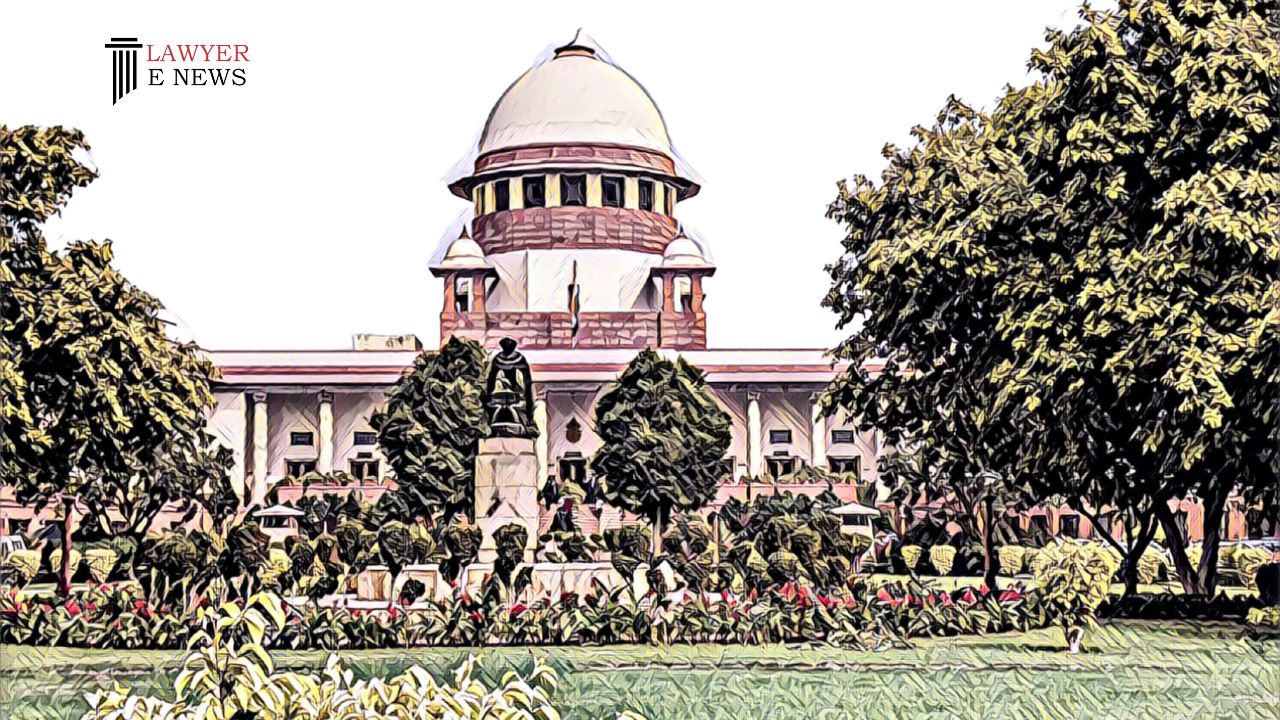-
by Admin
15 February 2026 5:35 AM



In a landmark judgment, the Supreme Court of India, comprising Justices C.T. Ravikumar and Sudhanshu Dhulia, has upheld the appointment of Civil Judges (Junior Division) despite certain procedural irregularities in their selection process. The decision, dated November 20, 2023, navigates the complexities of judicial appointments and highlights the importance of equity and public interest in the administration of justice.
The case revolved around the validity of additional appointments made post the original selection process for Civil Judges in Himachal Pradesh. The appointments in question were based on unadvertised vacancies that arose after the initial selection process was completed. The judgment meticulously dissected the legal implications of such appointments and the role of the High Court and other authorities in the process.
In a significant observation, the Court noted, “The purpose of a ‘waiting list’ is only to fill the shortfall of ‘clear and anticipated vacancies’.” This statement sheds light on the Court’s rationale in addressing the complexities of service jurisprudence concerning advertised versus unadvertised vacancies.
The Court acknowledged the procedural anomalies but emphasized the public interest and the experience gained by the appointees in their tenure as judicial officers. “Unseating the present appellants from their posts would not be in public interest,” the Court observed, underlining the critical balance between legal technicalities and the overarching need for experienced judicial officers.
The judgment also addressed the shared responsibility among the State Commission, Government, and High Court for the procedural irregularities, highlighting the need for greater coordination and adherence to established procedures in judicial appointments.
The Supreme Court’s decision has significant implications for future judicial appointments and the interpretation of service rules vis-à-vis constitutional mandates. By choosing to uphold these appointments, the Court has prioritized the continuity and stability of the judicial system over procedural lapses, setting a precedent for similar cases in the future.
Date of Decision: November 20, 2023
VIVEK KAISTH & ANR. VS THE STATE OF HIMACHAL PRADESH & ORS.
